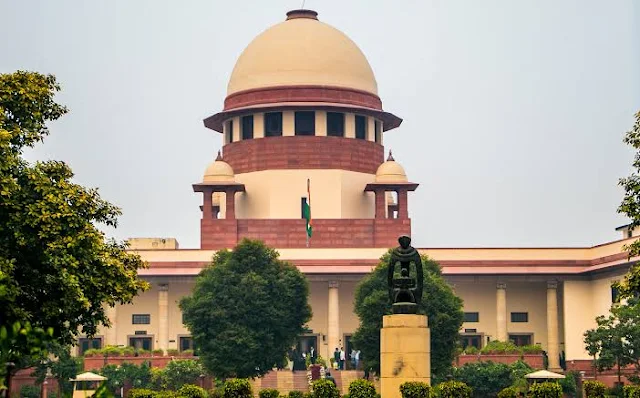In a strongly worded petition addressed to the Honourable Chief Justice and Honourable Justices of the Supreme Court of India, Shankar Sharma, a seasoned power and climate policy analyst from Sagara, Karnataka, has called for urgent judicial intervention to halt the escalating destruction of India’s forests.
Referring to the Court's recent observation that "cutting a large number of trees is worse than killing a human being," Sharma seeks an expansion of the ruling to encompass the broader and calamitous implications of rampant deforestation on climate change and ecological balance.
Citing government and media reports, Sharma notes that 173,000 hectares of forest land have been approved for non-forestry use between 2014 and 2024, and over 46,000 sq km of forests have been lost over the past decade—a trajectory he warns is leading India toward irreversible environmental degradation. He highlights the ongoing clearance of projects within Protected Areas (PAs) and eco-sensitive zones, with approval from regulatory bodies such as the National Board for Wildlife (NBWL) and the Expert Appraisal Committee (EAC), despite their ecological significance.
Sharma underscores the contradiction between the Supreme Court’s progressive stance on environmental protection and the aggressive infrastructure expansion plans of various state and central agencies. One such example he cites is a proposed 2,000 MW Pumped Storage Project (PSP) in the Sharavathi River Valley LTM Sanctuary, which could destroy over 350 acres of pristine tropical rainforest in the Western Ghats—one of the world's eight most important biodiversity hotspots.
Expressing concern over the increasing threat of climate change and its disproportionate impact on India’s vulnerable communities, Sharma advocates for a judicial moratorium on forest land diversion—especially within protected areas—until India reaches its National Forest Policy target of 33% forest and tree cover. He further proposes that at least 10% of India’s total land area should be secured under legally protected forest zones.
Sharma, with over four decades of experience in the power sectors across India, New Zealand, and Australia, has offered his expertise to assist the Court in assessing the viability of alternative energy storage solutions like Battery Energy Storage Systems (BESS), which could serve as environmentally benign substitutes to destructive PSPs.
“In the current context of a rapidly escalating climate crisis,” Sharma writes, “the ecological situation may be even more grave than implied by the Court’s own ruling. The unchecked loss of thousands of trees every year amounts to a slow, ongoing ecological genocide.”
The petition draws attention to alarming national and global trends in forest loss and urges the Supreme Court to take suo moto cognizance of the issue to safeguard the ecological and climate security of present and future generations.


Comments